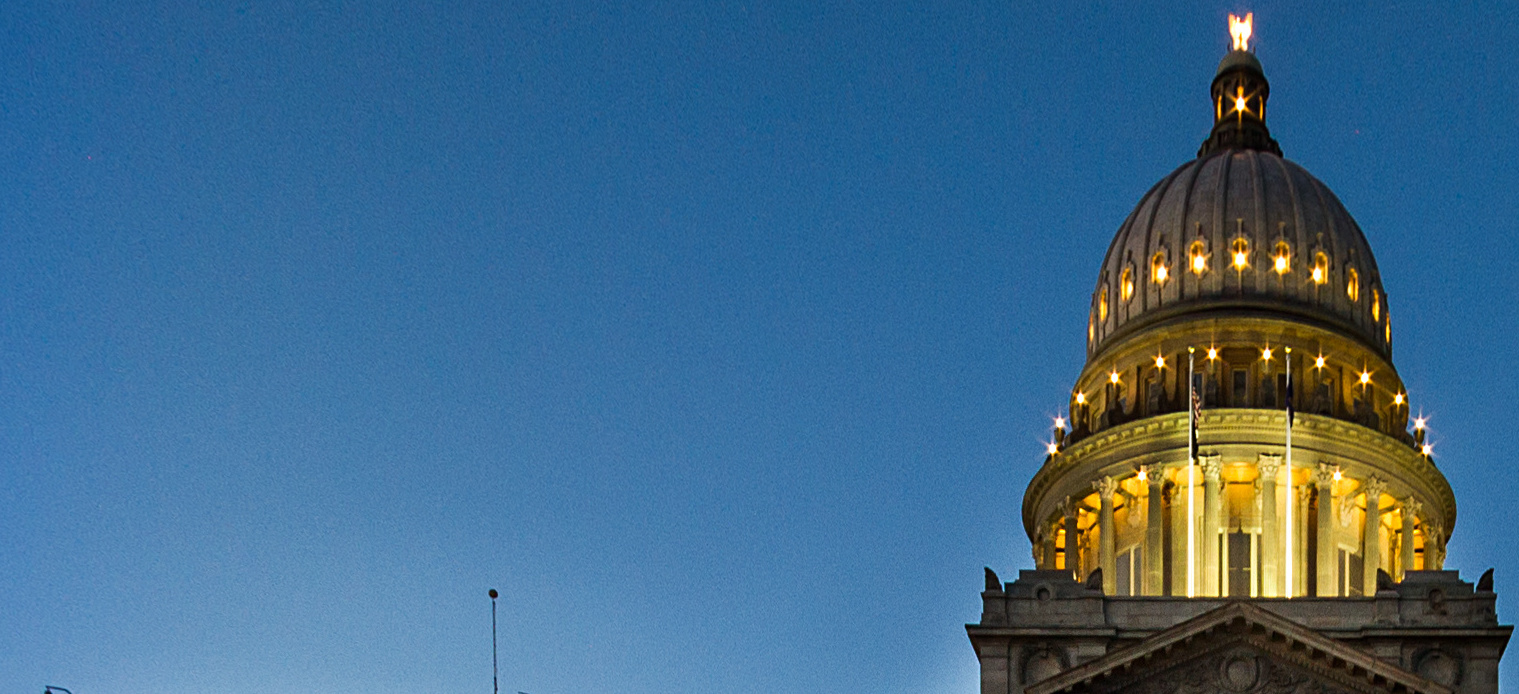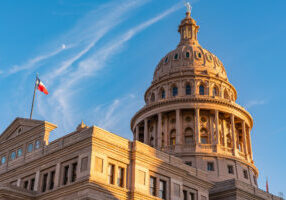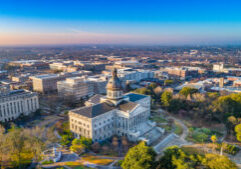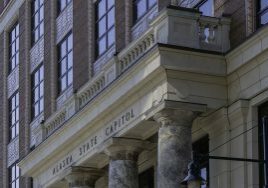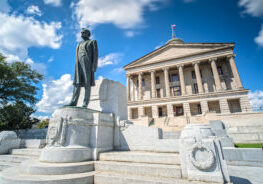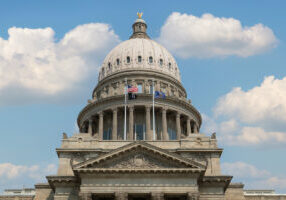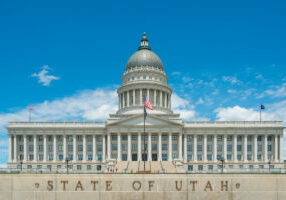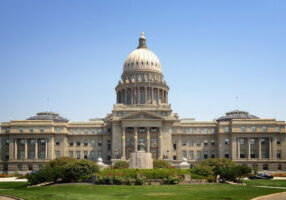The longest legislative session in Idaho history finally came to a close on May 12th – with the Senate voting to adjourn Sine Die, and the House recessing until December 31st. The House’s decision to recess, rather than adjourn, means that Speaker Scott Bedke could call lawmakers back into session at any time this year. Such a move would allow lawmakers to have a say in state spending should the U.S. Congress send additional emergency funding to Idaho this year.
The Legislature used its record-breaking 122 days of session to push back on Gov. Brad Little’s emergency powers related to the coronavirus pandemic and to apportion $1.25 billion in federal rescue funding. They also passed a state budget, cut taxes, and weighed in on various other pressing issues.
Budget
This year’s state budget saw a $500 million surplus, due in part to federal rescue funding. Idaho lawmakers added $263 million to the state’s rainy day fund, a decision Gov. Little touted as “conservative budgeting.” The budget provides an additional $1 million for the Idaho State Police and $1,000 bonuses for Idaho State Police officers. Funding for K-12 education will increase by 12% this year and by almost 30% next year, raising teacher salaries and funding other education initiatives.
COVID-19 & the Governor’s Emergency Powers
Idaho’s economy weathered the COVID-19 pandemic relatively well compared to other states around the country. Gov. Little faced criticism from lawmakers for not involving the Legislature in wide-ranging emergency decisions. Over a dozen bills were introduced this year to limit the Governor’s ability to act unilaterally during disasters – all but four of which failed to pass. Gov. Little’s vetoes of two of the emergency powers bills, HB 135a and SB 1136a, were sustained by the Legislature. It wasn’t until the last week of the session that the Governor signed watered-down versions of the vetoed bills into law – signaling the end of the branches’ power struggle.
Tax Relief
The legislative session resulted in the largest income tax reduction in state history – totaling $445 million for Idaho families and businesses, with $163 million in permanent income tax cuts. Lawmakers trimmed Idaho’s tax code from seven brackets to five and lowered the top tax rate from 6.9% to 6.5%. The tax cut is paid for in large part this year by the budget surplus.
Transportation/Infrastructure
Idaho lawmakers responded to a nationwide push for states to fund transportation and infrastructure projects by investing $90 million to improve public buildings, $45 million for expanding broadband internet access, $60 million for long-term water projects, and $80 million on various other transportation infrastructure projects – all without having to raise taxes, fees, or tolls. Lawmakers also agreed to allow the state to bond (borrow) up to $1.6 billion for future infrastructure improvements.
Ballot Initiative Law
Lawmakers took multiple swings at bringing sweeping reform to Idaho’s initiative and referendum processes. SB 1110 passed and received a signature from the Governor during the session. Current statute requires signatures to be gathered from 6% of registered voters in 18 legislative districts within 18 months. SB 1110 now requires signatures from 6% of registered voters in all 35 Idaho districts in 18 months.
A related piece of legislation, SB 1150, ultimately met its demise by way of Gov. Little’s veto. The bill would have required petitioners for ballot initiatives to be physically present in the state when signing the petition (with exceptions for Idahoans beyond the state’s borders for military or religious purposes). Lawmakers specifically crafted the proposal to prevent proponents of an Idaho medical marijuana initiative from gathering signatures at legal dispensaries across the Oregon border.

